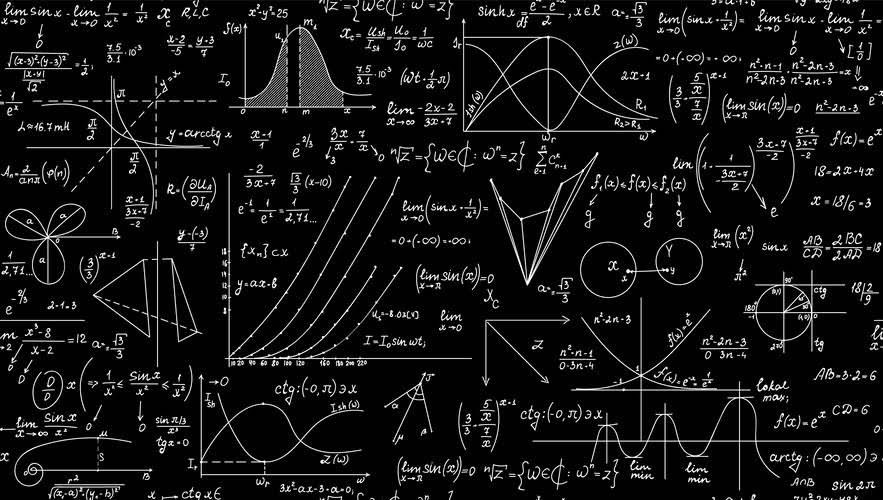Incremental costs Cost Accounting Vocab, Definition, Explanations Fiveable

Incremental analysis is a decision-making tool used in business to determine the true cost difference between alternative business opportunities. When the two are compared, it is evident that the incremental revenue exceeds the incremental cost. So, you get a profit of $4,000,000 by deducting the incremental cost from the incremental revenue. It is similar to marginal cost, except that marginal cost refers to the cost of the next unit.

Related Terms

For instance, switching suppliers too frequently can lead to instability in relationships and mistrust from partners. Building long-term partnerships with reliable suppliers may prove more beneficial in the long run by enabling mutual learning and process improvement. Closing a department can incur various costs beyond just severance pay.

Understanding Incremental Cost
- Incremental costs may be classified as relevant costs in managerial accounting.
- If a company responds to greater demand for its widgets by increasing production from 9,000 units to 10,000 units, it will incur additional costs to make the extra 1,000 widgets.
- These costs may include direct labor, materials, and manufacturing overhead.
- If a reduced price is established for a special order, then it’s critical that the revenue received from the special order at least covers the incremental costs.
- Incremental costs are usually lower than a unit average cost to produce incremental costs.
If the long-run estimated cost of raw materials rises, electric car prices will most likely rise in the future. The endeavour to calculate and precisely estimate such expenses aids a corporation in making future investment decisions that can boost revenue while decreasing costs. Incremental cost is the cost incurred due to an additional unit of a product being produced. This is the increase/decrease in the cost of producing one more additional unit or serving one more additional customer. In the above formula, the total cost of increased production refers to the previous volume and the new units added to it.
FAQs about Incremental Cost: Definition, How To Calculate, And Examples
When calculating incremental costs related to investing in new equipment, businesses should also consider any potential revenue or savings that may result from the investment. For example, purchasing more efficient equipment may result in lower energy bills or increased productivity leading to higher profits. Manufactures look at incremental costs when deciding to produce another product. Often times new products can use the same assembly lines and raw materials as currently produced products. Unfortunately, most of the time when manufacturers take on new product lines there are additional costs to manufacture these products. Management must look at these incremental costs and compare them to the additional revenue before it decides to start producing the new product.
- Incremental costs are relevant in making short-term decisions or choosing between two alternatives, such as whether to accept a special order.
- Incremental cost is the cost incurred due to an additional unit of a product being produced.
- That is why it is critical to understand the incremental cost of any more units.
- Relevant costs are those that change as a result of implementing a particular decision and can ultimately impact the outcome of that decision.
- Managers can consider analyzing past financial reports, direct labor and overhead expenses, among other areas covered over time in performing this task.
- Moreover, this cost can be influenced by external factors such as inflation or fluctuations in currency values.
When to Use Incremental Cost Analysis
The company management can consider the cost of producing one additional unit to make their pricing decisions to make a profit. The term incremental cost refers to the cost that the business incurs for producing an extra unit. Incremental costs help to determine the profit maximization point for a company or when marginal costs equal marginal revenues.

What is the meaning of variable cost?
- Thus they realized that they have incurred considerable incremental costs apart from baseline cost which does not reflect favorably on overall project implementation.
- For example, the incremental cost of an employee’s termination includes the cost of additional benefits given to the person as a result of the termination, such as the cost of career counseling.
- In other words, it is the cost increment that occurs when the level of production or sale of a product increases.
- They may then determine how much money they can afford to spend on marketing efforts and how much sales volume is required to generate a profit for the company.
- The company has excess capacity and should only consider the relevant costs.
- It also takes into account sunk, or non-relevant costs, and excludes those from analysis.
- They could include the price of crude oil, electricity, or any other key raw commodity, for example.
Incremental costs (or marginal costs) help determine the profit maximization point for an organization. If a business is earning more incremental revenue (or marginal revenue) per product than the incremental cost of manufacturing or buying that product, the business earns a profit. A fixed building lease, for example, does not alter in price as output increases. The fixed cost will be reduced in comparison to the cost of each unit made, enhancing your profit margin for that product. A variable bookkeeping cost is a specific material utilized in production because the price increases as you order more. Bulk orders are frequently discounted, introducing a variable into your incremental calculation.
Costs that vary directly with the level of production, increasing as more units are produced. It also takes into account sunk, or non-relevant costs, incremental costs definition and excludes those from analysis. Also called marginal analysis, the relevant cost approach, or differential analysis, incremental analysis disregards any sunk cost (past cost).


